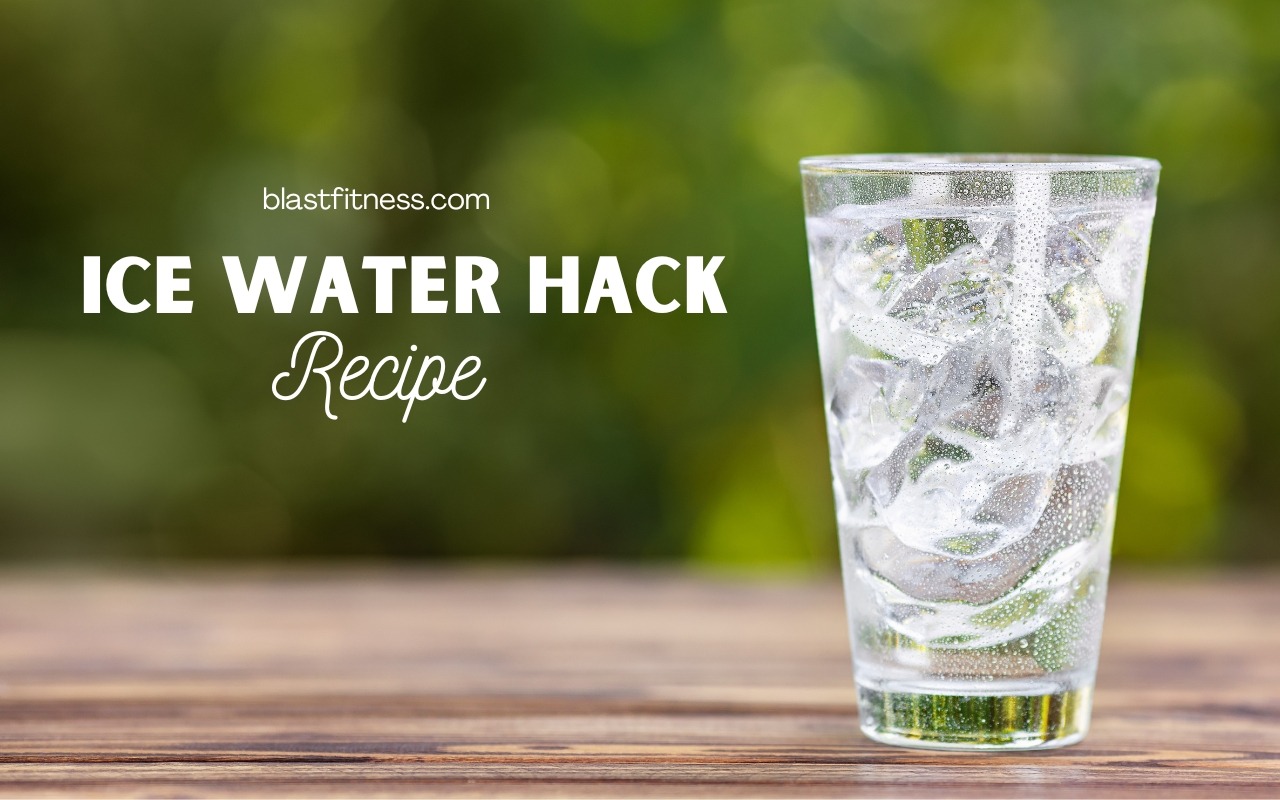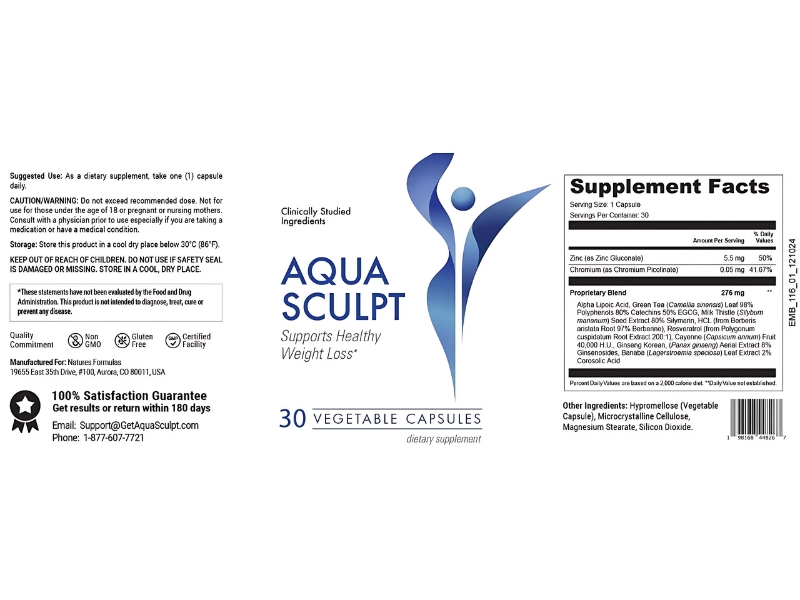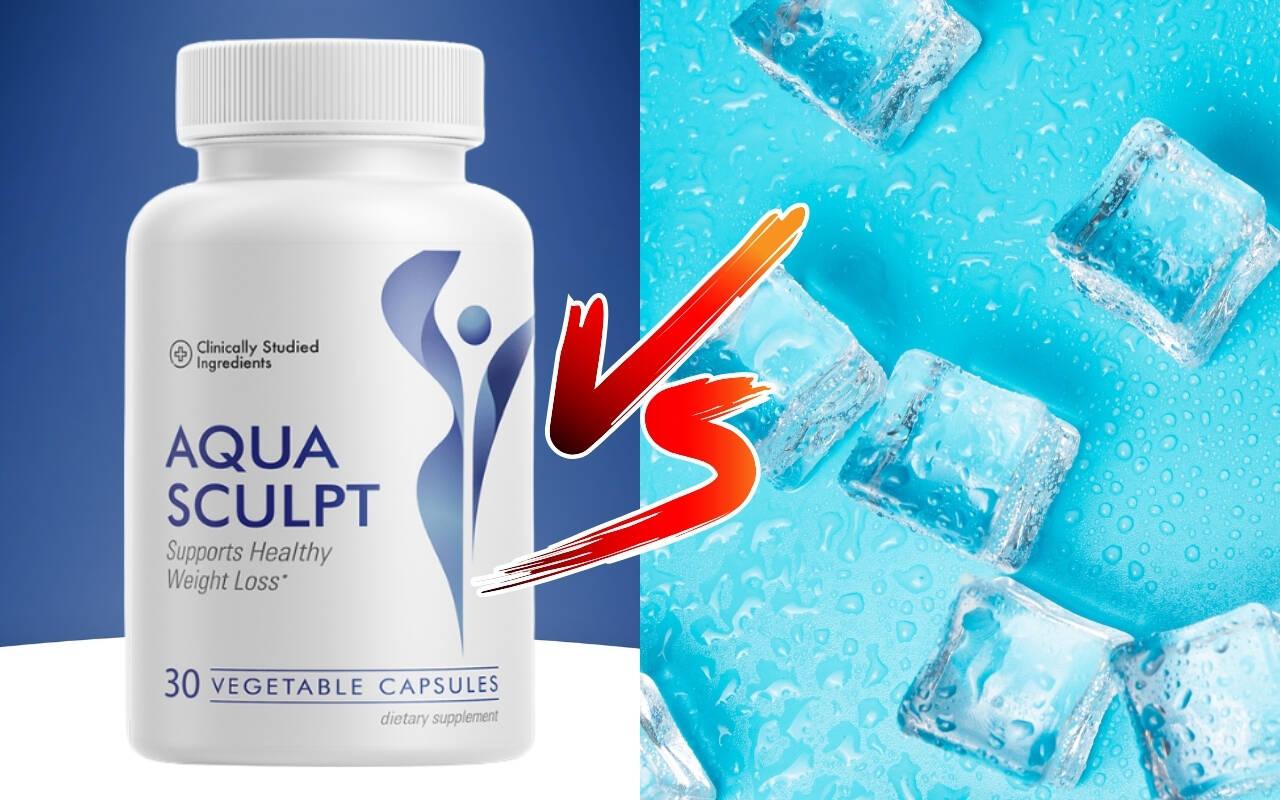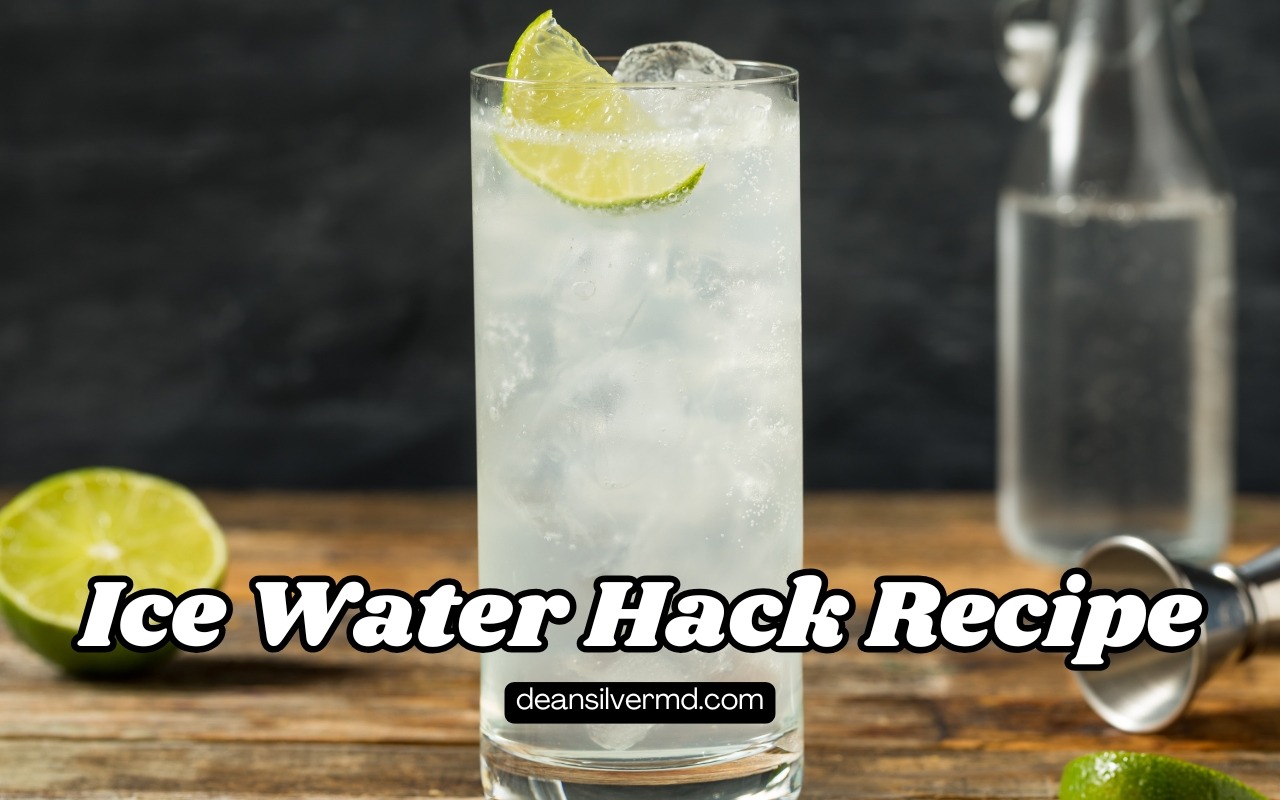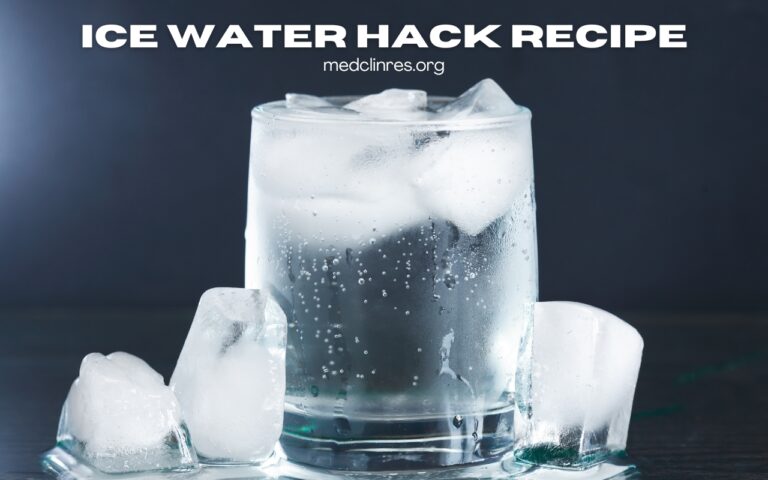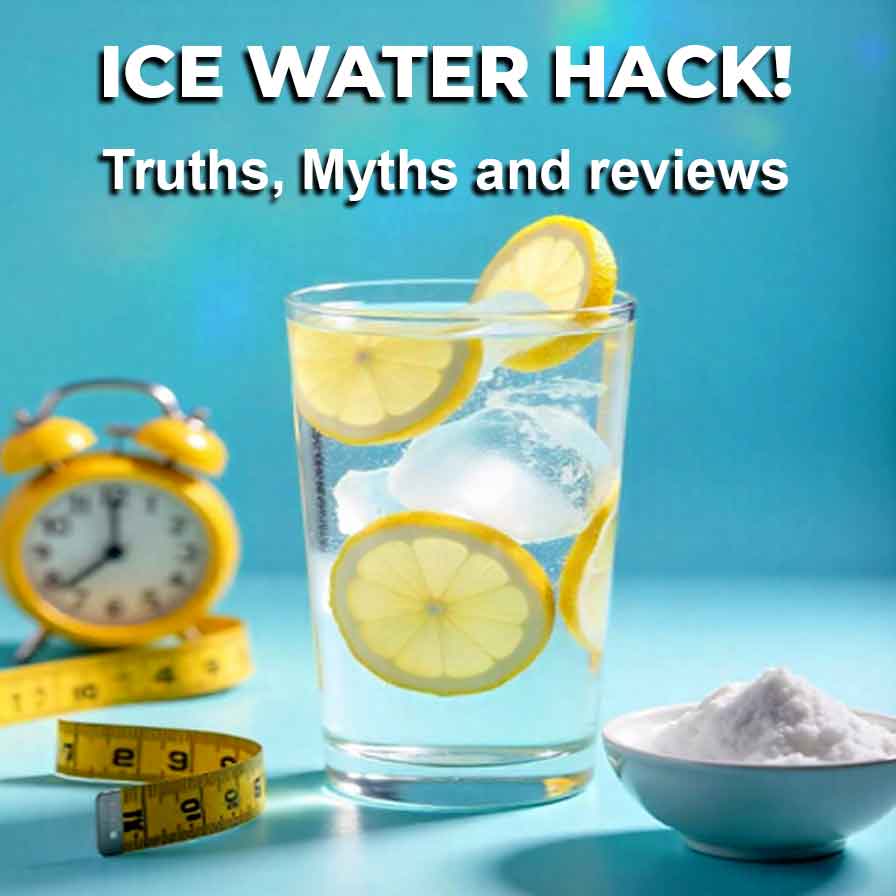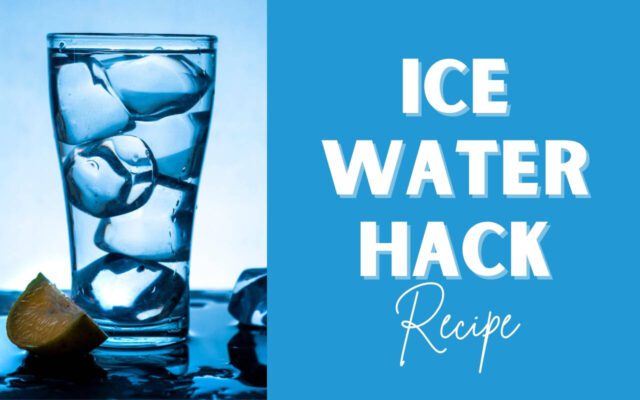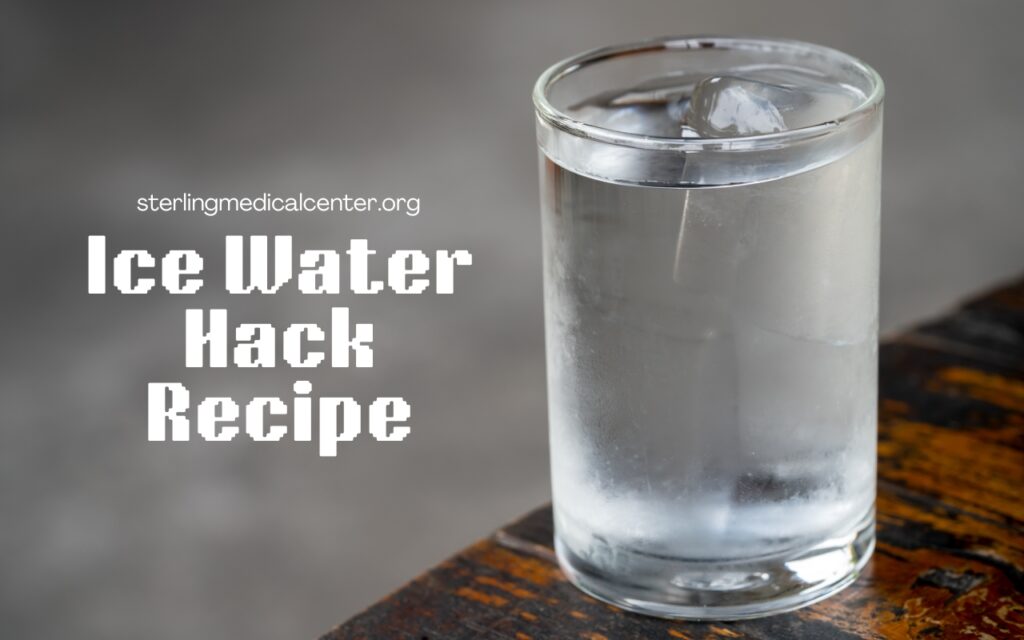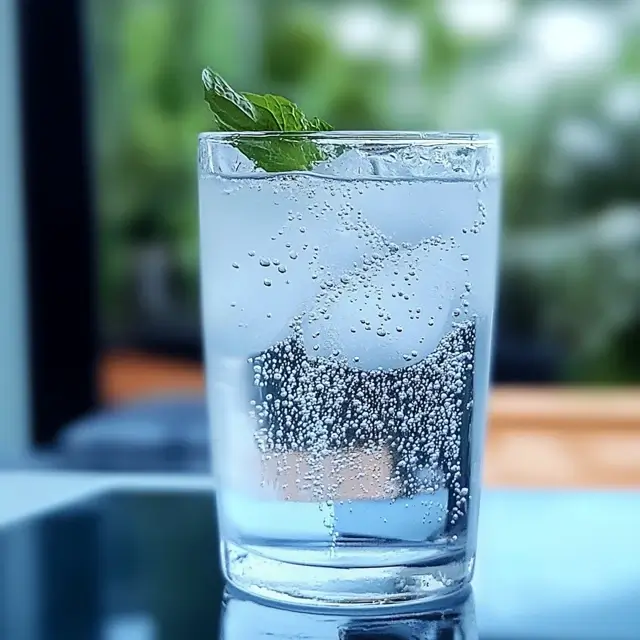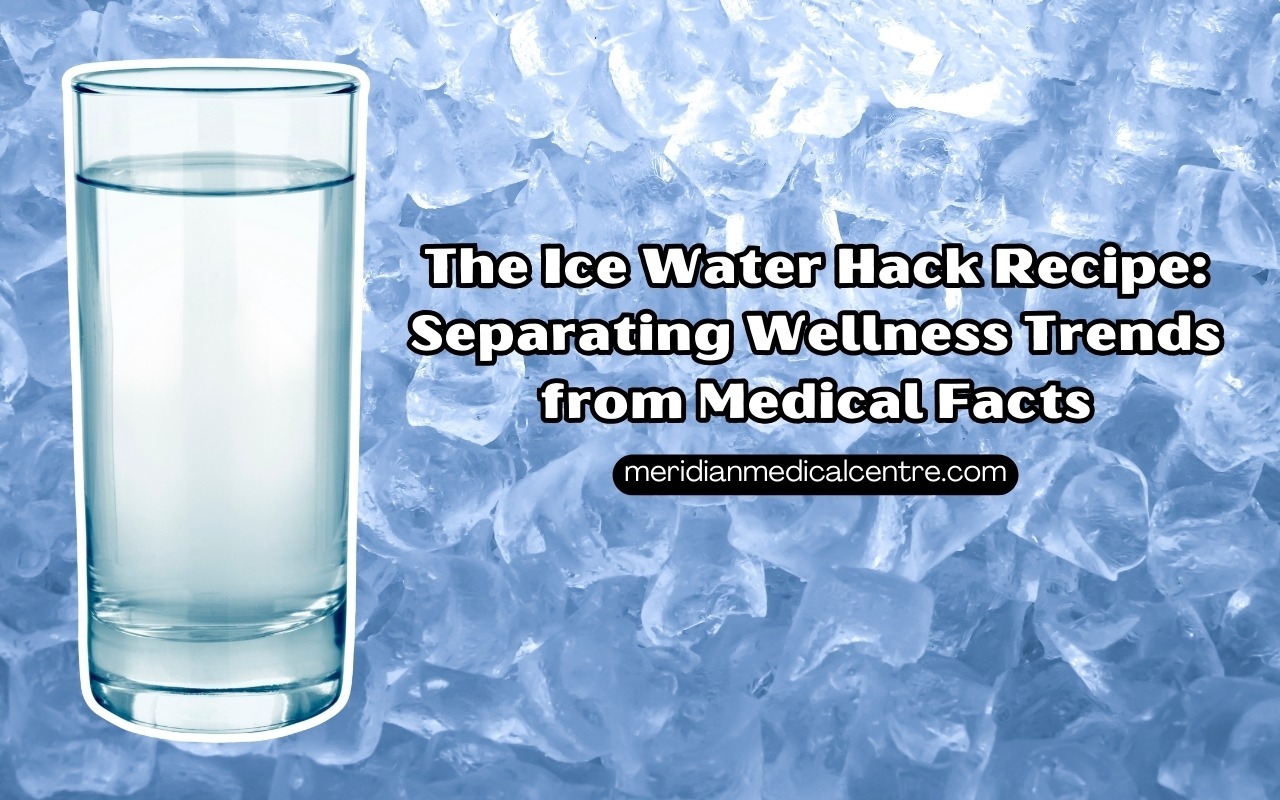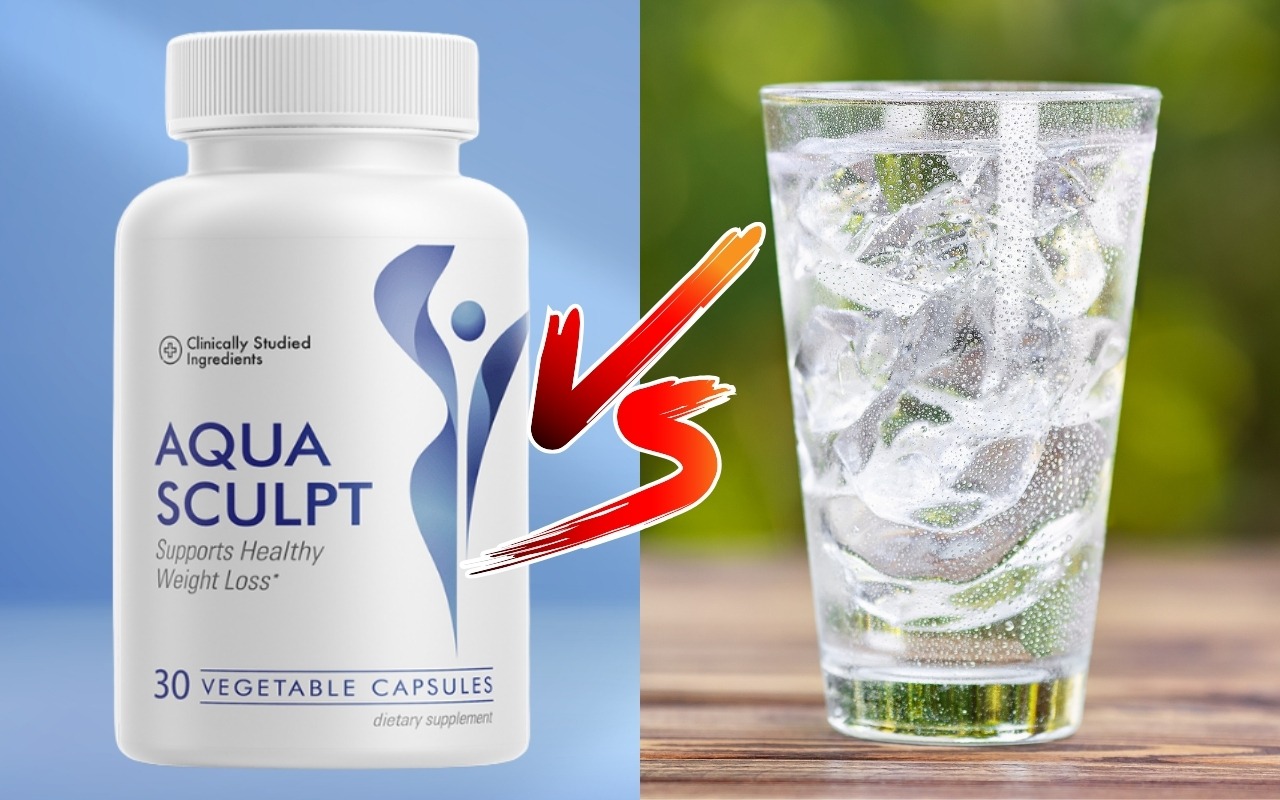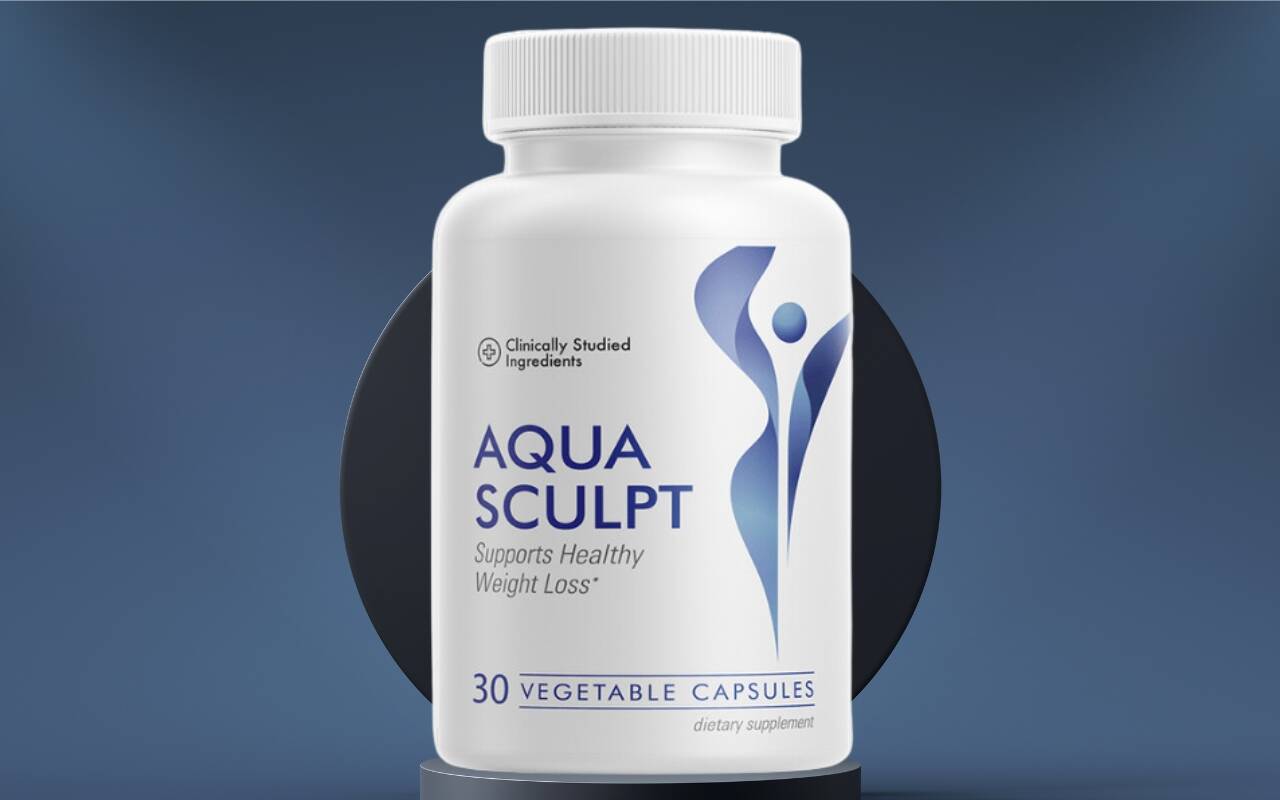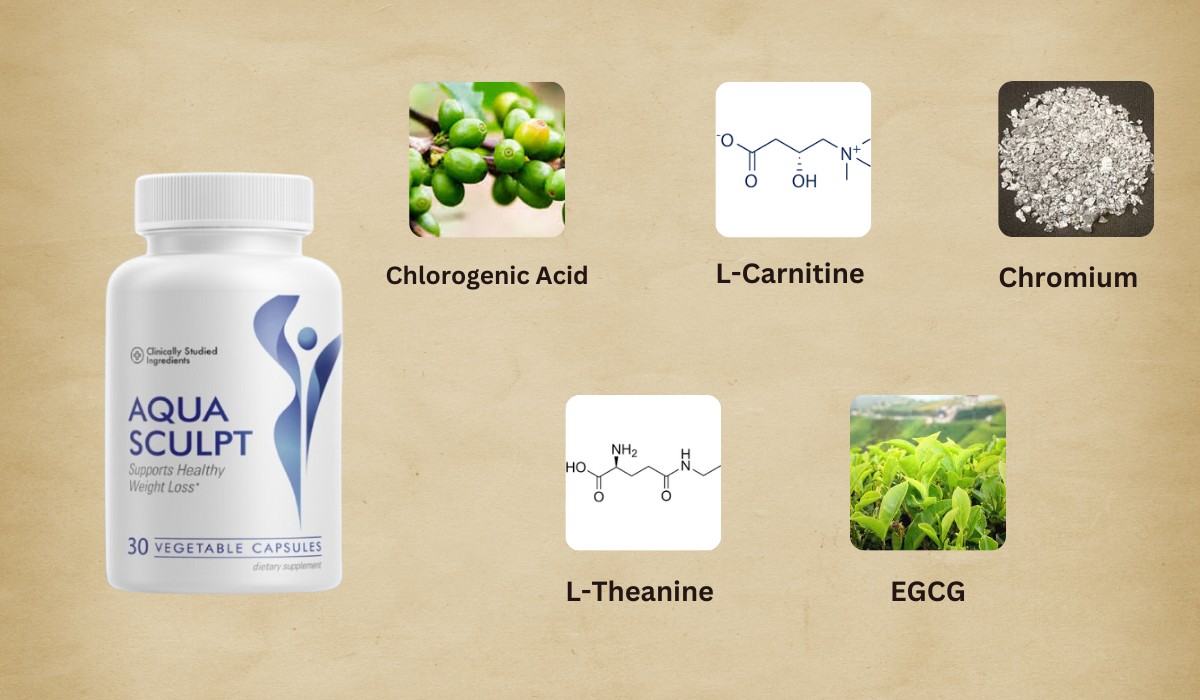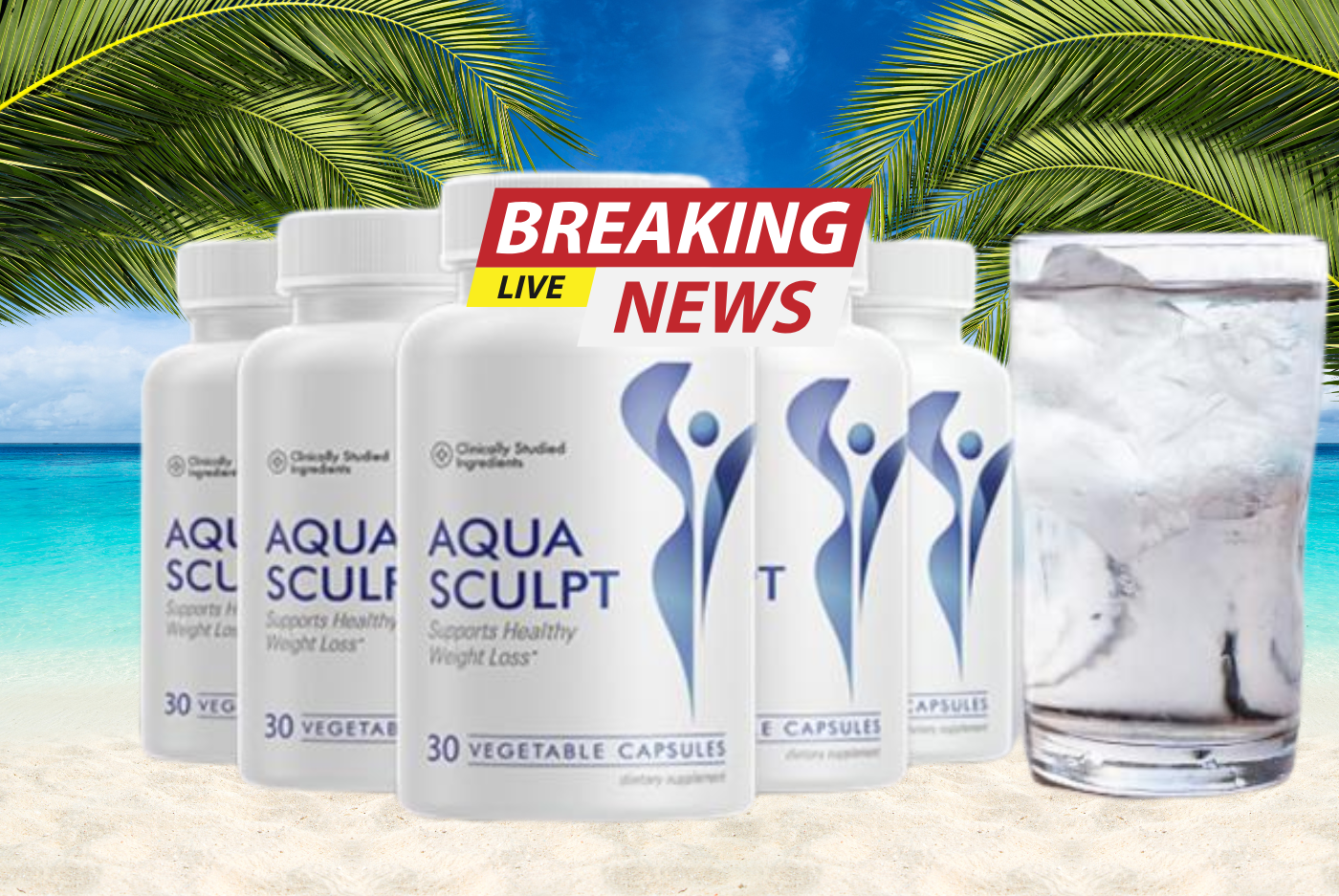What Are The Ingredients For The Ice Water Hack
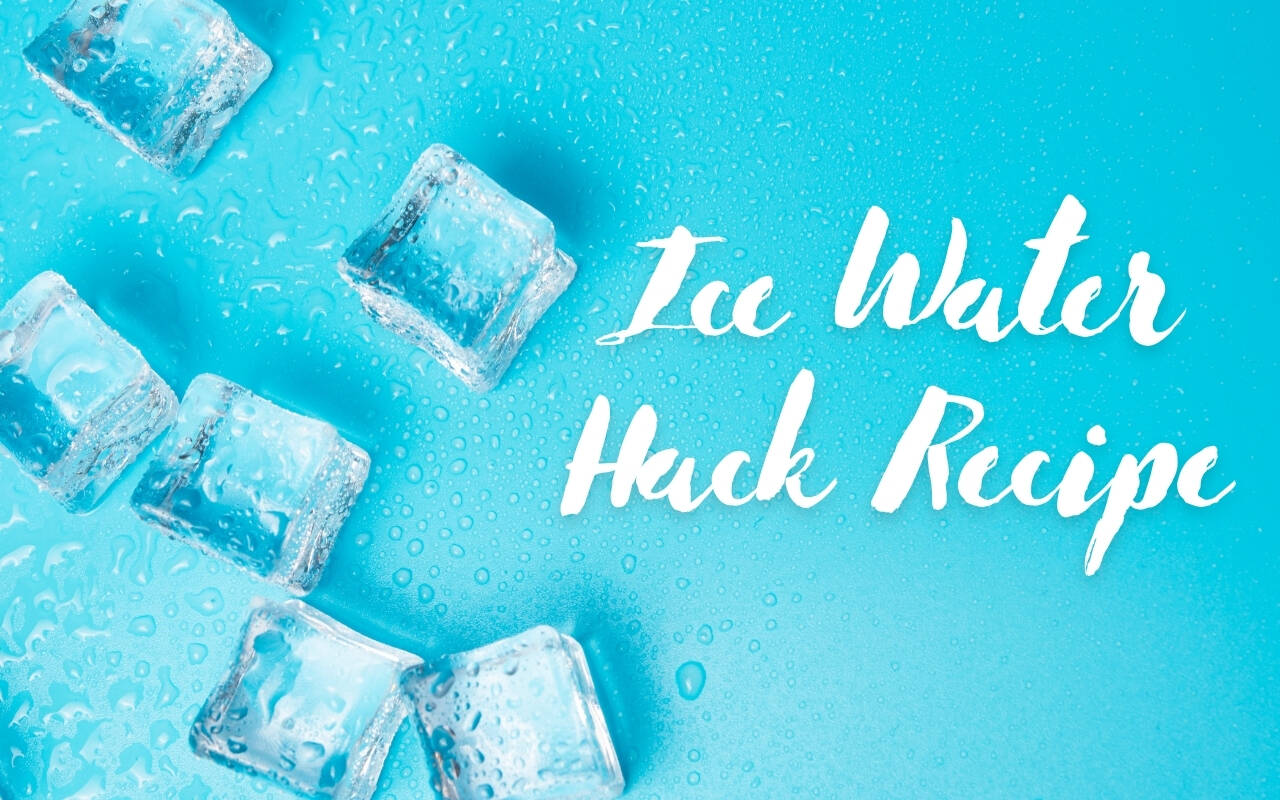
The "Ice Water Hack," a purported quick-fix solution for everything from boosting metabolism to improving mental clarity, has exploded in popularity on social media. Claims surrounding its efficacy range from the plausible to the outright fantastical, leaving many wondering: what exactly is this trend, and more importantly, what's really in it?
While the internet is rife with variations, the core "Ice Water Hack" revolves around consuming a large volume of very cold water, often first thing in the morning. This article will delve into the specific components of this trend, examine the scientific evidence (or lack thereof) supporting its purported benefits, and offer a balanced perspective on its potential risks and rewards.
The Basic Recipe: Deconstructing the "Hack"
At its most fundamental, the Ice Water Hack involves drinking water chilled to a significantly lower temperature than room temperature. Most iterations suggest aiming for water around 32-40 degrees Fahrenheit (0-4 degrees Celsius) – ice water, in essence.
The "hack" is less about a complex recipe and more about a specific technique: rapid consumption of a substantial volume of this ice water.
Volume Matters: How Much Water is Needed?
Recommendations for the amount of ice water vary widely across different online sources. Some advocate for 16 ounces (approximately 500ml), while others suggest consuming up to a liter or more.
The rationale behind the high volume is often tied to the idea of flushing out toxins or kickstarting the metabolism.
Optional Add-Ins: Enhancing or Diluting the Core Concept?
While the basic recipe calls for just ice and water, numerous variations add other ingredients. These additions are often presented as ways to amplify the purported benefits of the hack.
Some popular add-ins include lemon juice, apple cider vinegar, sea salt, and even electrolytes. The intention behind these additions is to either enhance detoxification, boost hydration, or improve the taste of the ice water.
The Claimed Benefits: Separating Fact from Fiction
The Ice Water Hack is marketed as a panacea for various health concerns. Understanding the evidence supporting these claims is crucial for making informed decisions.
Claims range from metabolic boosts to enhanced mental clarity, detoxification, improved skin health, and even weight loss.
Metabolism and Calorie Burning: Does Cold Water Make a Difference?
The most cited benefit is that drinking ice water forces the body to expend energy to warm the water to body temperature, thereby burning calories. While technically true, the impact is minimal.
Studies on this effect suggest that the calorie expenditure is relatively small, unlikely to contribute significantly to weight loss on its own. According to the National Institutes of Health (NIH), the impact is more of a negligible effect than a major metabolic shift.
Detoxification: Is Ice Water a Detoxifier?
The concept of detoxification through ice water is largely unsupported by scientific evidence. The human body possesses its own highly efficient detoxification systems, primarily involving the liver and kidneys.
Drinking water, regardless of temperature, supports these organs, but ice water doesn't offer any unique detoxifying properties.
Mental Clarity and Energy Boost: Psychological or Physiological?
Some proponents of the Ice Water Hack report increased mental clarity and an energy boost. This effect could be partially attributed to the shock of the cold water acting as a temporary stimulant.
However, the psychological impact of establishing a routine and focusing on hydration may also play a significant role. The American Psychological Association (APA) has published research indicating that establishing routine healthy habits can have profound positive effects.
Potential Risks and Considerations
While seemingly harmless, the Ice Water Hack isn't without potential risks, especially for certain individuals.
These risks include dental sensitivity, digestive discomfort, and potential cardiovascular implications. Individuals with pre-existing health conditions should exercise caution and consult with their doctor.
Dental Sensitivity: A Common Complaint
One of the most frequently reported side effects is increased dental sensitivity, particularly for those with already sensitive teeth. Extremely cold temperatures can exacerbate discomfort and potentially damage enamel over time.
According to the American Dental Association (ADA), prolonged exposure to extreme temperatures can contribute to tooth erosion and sensitivity.
Digestive Discomfort: Shocking the System
Consuming a large volume of ice water rapidly can shock the digestive system, potentially leading to cramping, bloating, and general discomfort. This is especially true for individuals with sensitive stomachs.
The sudden temperature change can disrupt the digestive process, leading to temporary issues.
Cardiovascular Concerns: A Word of Caution
In rare cases, consuming very cold water can trigger a vagal response, leading to a temporary slowing of the heart rate. This is of particular concern for individuals with pre-existing cardiovascular conditions.
Consulting a physician is recommended for anyone with heart-related issues considering this hack.
Conclusion: Is the Ice Water Hack Worth It?
The Ice Water Hack, while seemingly simple, presents a mixed bag of potential benefits and risks. While it may offer a temporary boost in energy or a slight increase in calorie expenditure, these effects are likely minimal.
The most significant benefit is arguably the increased hydration, but this can be achieved with water at any temperature. Ultimately, the decision of whether or not to try the Ice Water Hack should be based on individual needs, preferences, and consideration of potential risks.
Prioritizing balanced nutrition, regular exercise, and adequate sleep remains the most effective and sustainable approach to overall health and well-being. If considering adopting the "Ice Water Hack", proceed with caution and consult a healthcare professional, especially if you have pre-existing health conditions.
